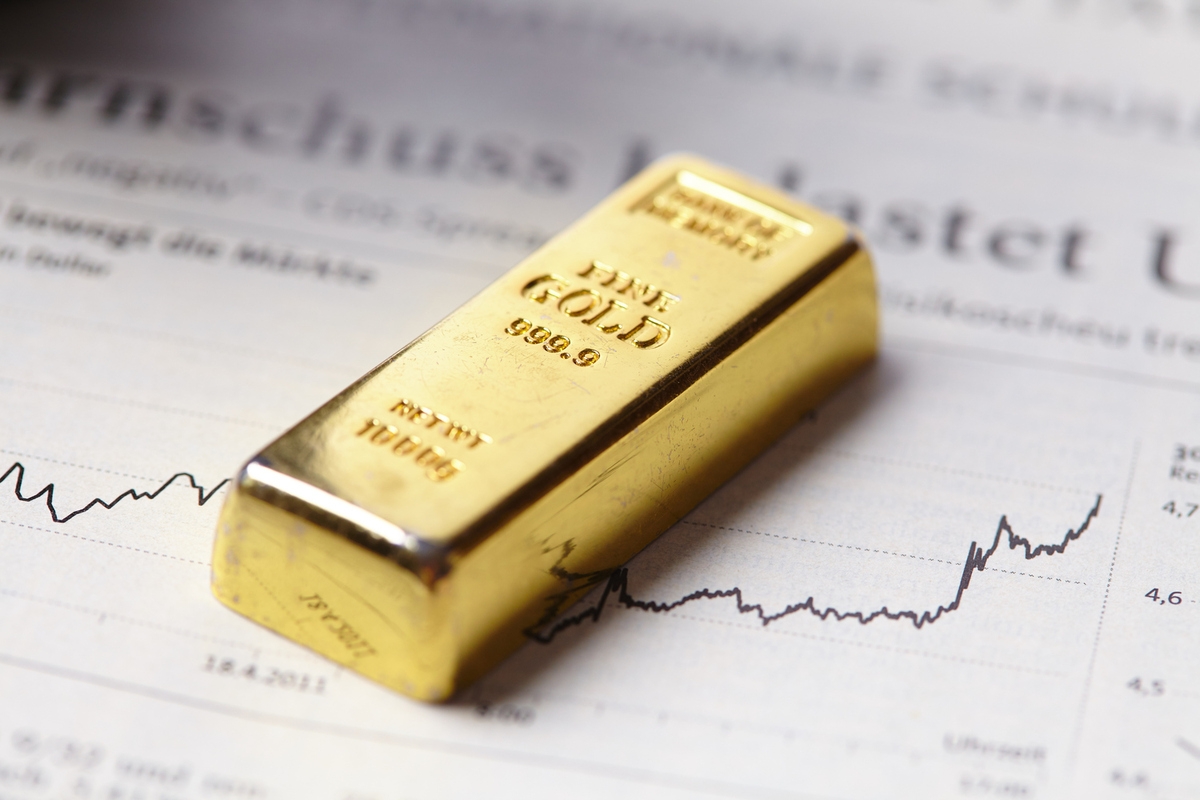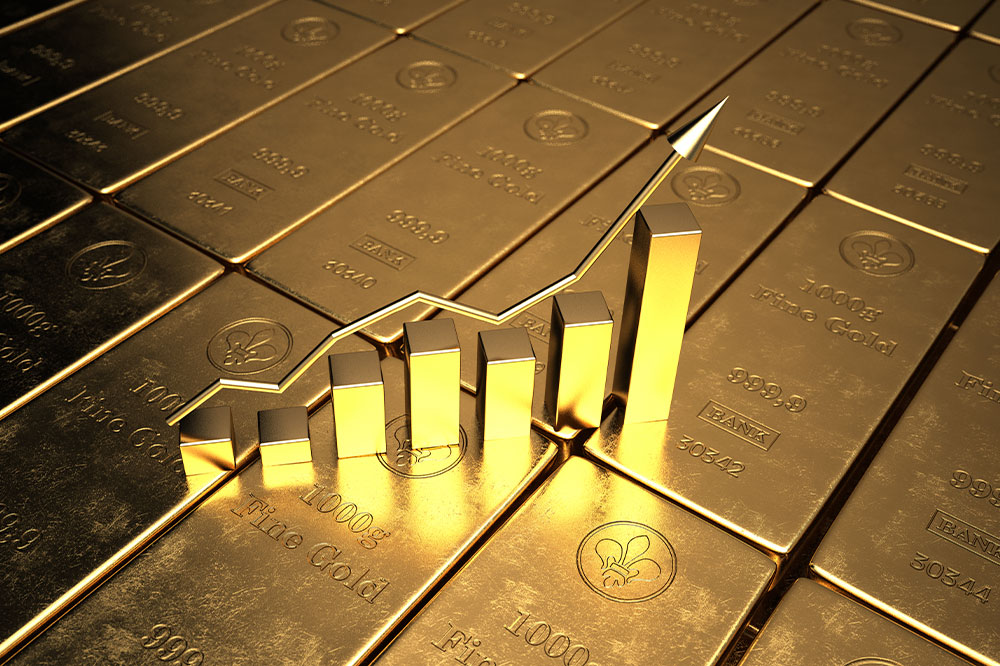Three Ways You Can Invest In Gold In Germany
Gold has long been considered a safe-haven asset, especially during times of economic uncertainty. This precious metal is highly valued for its ability to maintain its value over time, offering a hedge against inflation and a safeguard against financial market volatility. For investors in Germany, there are several ways to invest in gold, each with its unique advantages and considerations. The three main avenues for gold investment in Germany are physical gold, gold exchange-traded funds (ETFs), and gold mining stocks.

1. Physical Gold
Types of Physical Gold
Investing in physical gold means purchasing gold in tangible forms such as coins, bars, or jewelry. In Germany, the most common forms of physical gold investments include:
- Gold Coins: Popular choices include the German Goldmark, American Eagle, and Canadian Maple Leaf coins.
- Gold Bars: Available in various sizes ranging from one gram to one kilogram.
- Gold Jewelry: Although not the primary choice for investors, some may opt for jewelry as a dual-purpose investment.
Benefits of Physical Gold
- Tangible Asset: Unlike stocks or bonds, physical gold is a tangible asset you can hold, store, and pass down to future generations.
- No Counterparty Risk: Physical gold provides security as it is not dependent on any financial institution or intermediary.
- Private and Anonymous: Gold transactions can be conducted privately, and owning physical gold does not require disclosure to a third party.
Considerations
- Storage and Security: Investing in physical gold requires secure storage, which can involve additional costs for safe deposit boxes or home safes.
- Liquidity: While gold is a highly liquid asset, selling physical gold may not be as instantaneous as selling securities and could involve transaction fees.
- Premiums and Markups: When purchasing physical gold, investors often pay a premium above the spot price, and selling may involve a discount below the spot price.
2. Gold Exchange-Traded Funds (ETFs)
What Are Gold ETFs?
Gold ETFs are financial instruments that track the price of gold and are traded on major stock exchanges. These ETFs offer a convenient way to invest in gold without dealing with the physical asset.
Popular Gold ETFs in Germany
- Xetra-Gold (ETR: 4GLD): One of the most popular gold ETFs in Europe.
- WisdomTree Physical Gold ETF (LON: PHAU): Provides investors with exposure to the gold spot price.
Benefits of Gold ETFs
- Ease of Trading: Gold ETFs can be bought and sold like any other stock on a stock exchange, making them highly liquid.
- Low Costs: Investors can avoid the costs associated with storing and insuring physical gold.
- Diversification: Gold ETFs provide a straightforward way to diversify an investment portfolio.
Considerations
- Management Fees: Gold ETFs charge management fees, which can affect long-term returns.
- Counterparty Risk: Although minimal, there is a degree of counterparty risk as ETFs rely on the financial institutions that back them.
- No Physical Ownership: Investors do not own the physical gold; rather, they own shares that represent a claim on the fund’s gold holdings.
3. Gold Mining Stocks
Investment in Gold Mining Companies
Investing in gold mining stocks involves purchasing shares of companies that are engaged in the extraction and production of gold. This investment provides exposure not only to gold prices but also to the operational performance of the gold mining companies.
Leading Gold Mining Stocks
- Barrick Gold Corporation (NYSE: GOLD, TSX: ABX): One of the world’s largest gold mining companies.
- Newmont Corporation (NYSE: NEM): Another leading player in the gold mining industry.
- Fresnillo plc (LSE: FRES): A major producer with extensive operations.
Benefits of Gold Mining Stocks
- Leverage to Gold Prices: Gold mining stocks often offer higher returns than gold itself, especially during periods of rising gold prices.
- Dividends: Some gold mining companies pay dividends, providing income in addition to potential capital gains.
- Liquidity: Like other stocks, gold mining stocks are highly liquid and can be easily traded on public exchanges.
Considerations
- Operational Risks: The performance of gold mining companies can be affected by factors such as mining costs, geopolitical risks, and management effectiveness.
- Market Volatility: Gold mining stocks can be more volatile than the price of gold itself, reflecting broader equity market conditions.
- Company-Specific Risks: Factors unique to each company, such as regulatory issues and exploration success, can impact stock performance.
Investing in gold in Germany offers a range of opportunities, each with its distinct set of advantages and considerations. Whether you choose to invest in physical gold, gold ETFs, or gold mining stocks, it is essential to conduct thorough research and consider your individual investment goals and risk tolerance. Diversifying your investment portfolio with gold can provide a valuable hedge against economic uncertainties and contribute to long-term financial stability.
By carefully evaluating your options and staying informed, you can make strategic and informed decisions about investing in gold in Germany.




